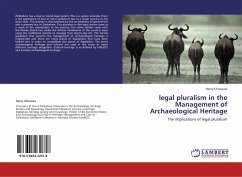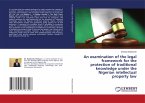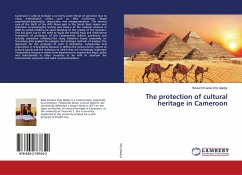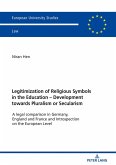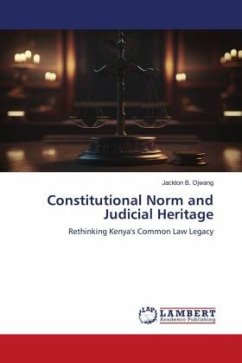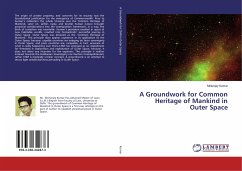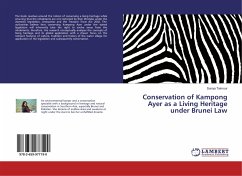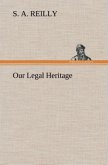Zimbabwe has a dual or plural legal system. This is a system whereby there is the application of two or more systems of law in a single country at any given time. This dualism is characterized by the co-existence of general law and customary law in Zimbabwe. This pluralism in the legal system came as a result of the colonization of the country. The white settlers came with the Roman Dutch law whilst the African inhabitants of the country were using the traditional systems to manage their day-to-day life. The formal legislation that governs the management of archaeological heritage is fragmented and there are many pieces of legislations that have been looked into in order to consolidate the pieces of legislation. The terms archaeological heritage and cultural are used in the study to mean different heritage altogether. Cultural heritage is as defined by UNESCO and includes archaeological heritage.
Bitte wählen Sie Ihr Anliegen aus.
Rechnungen
Retourenschein anfordern
Bestellstatus
Storno

